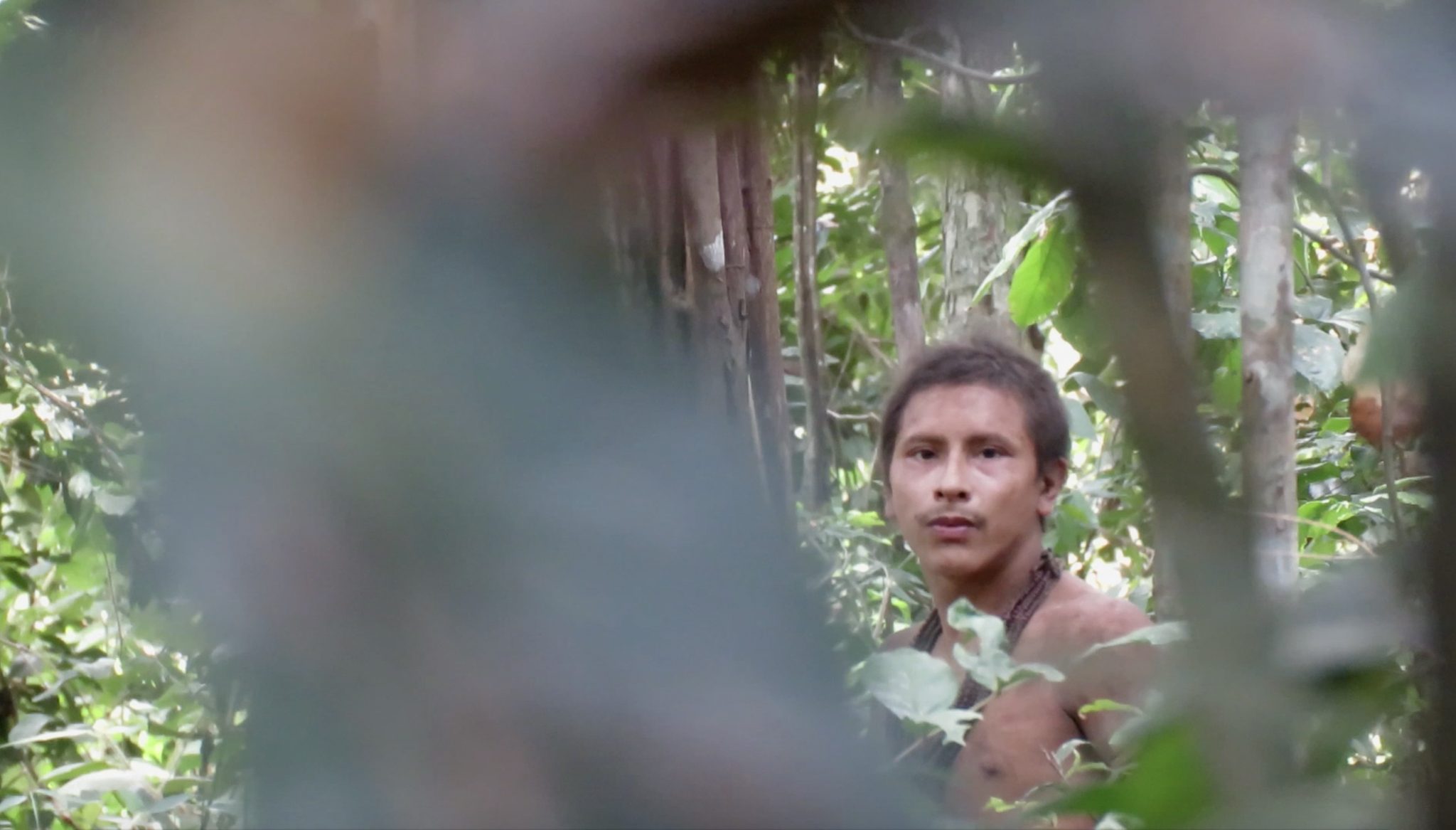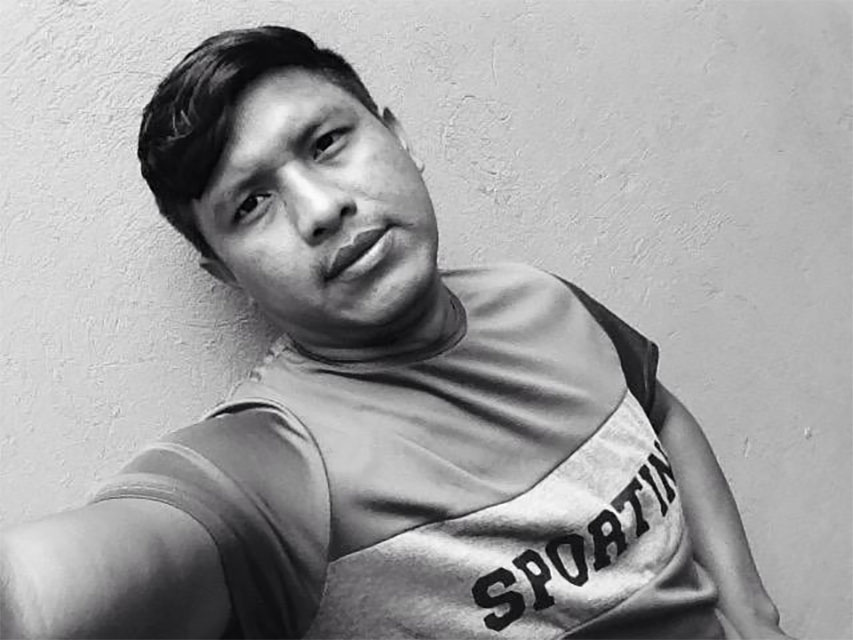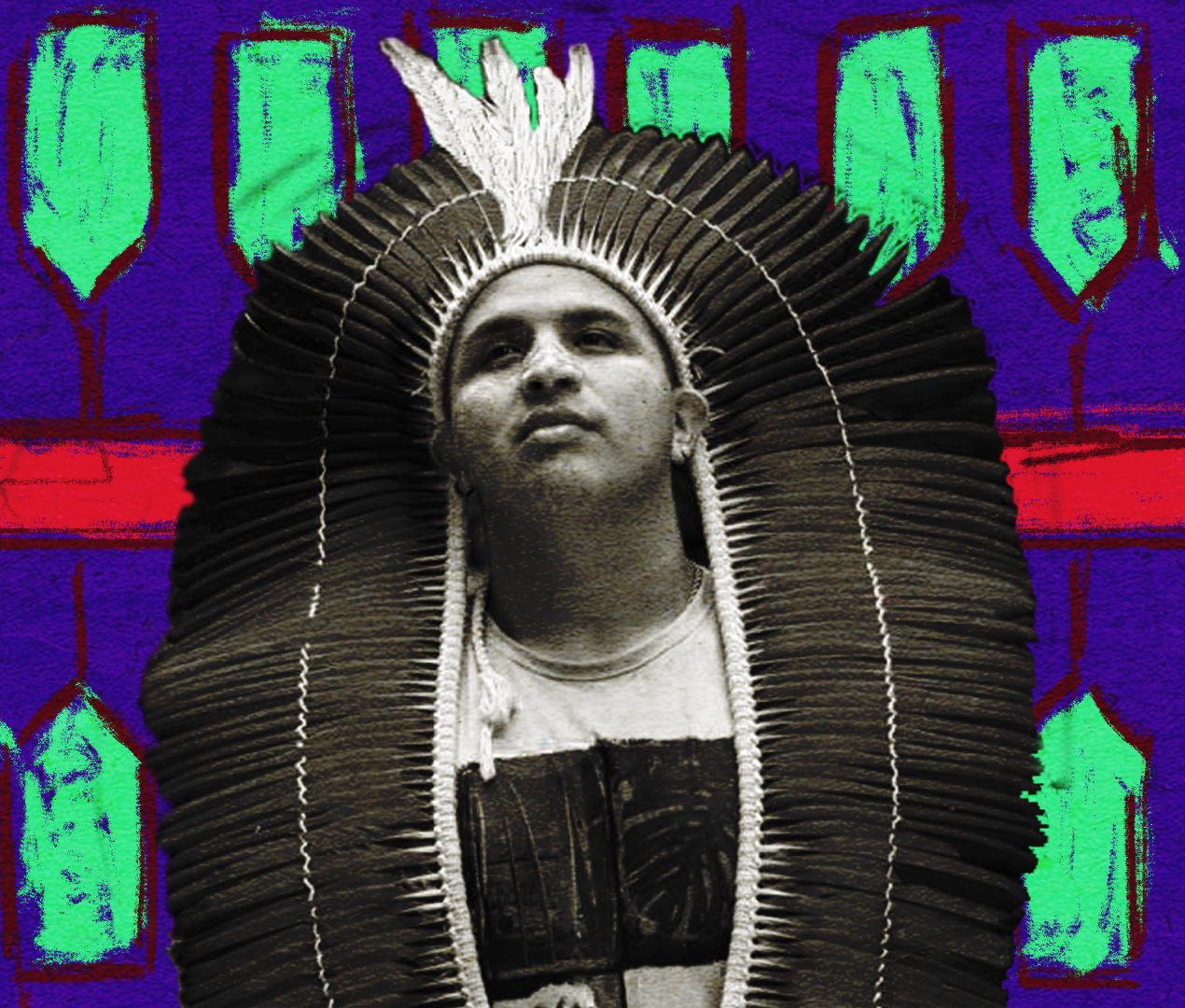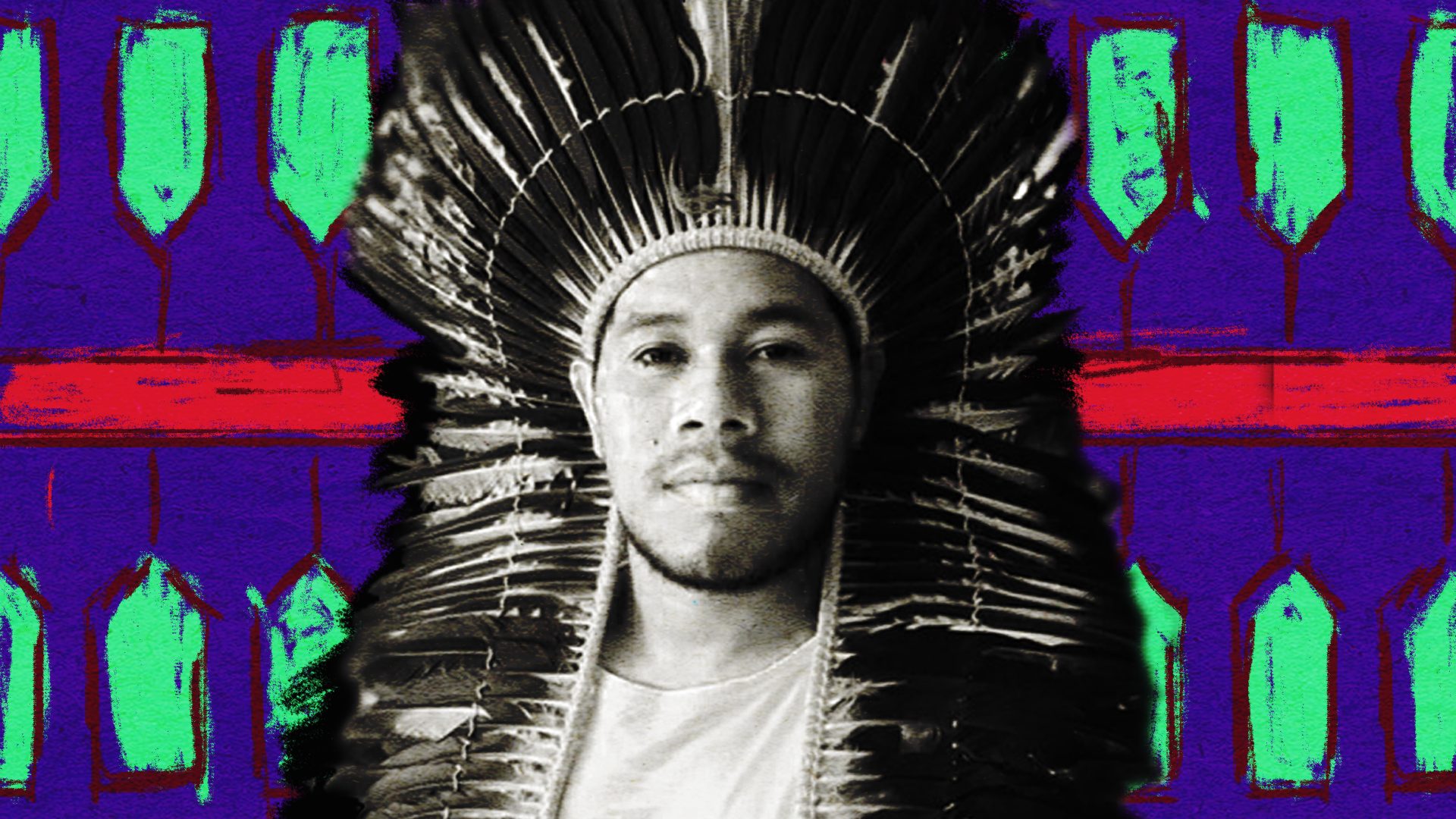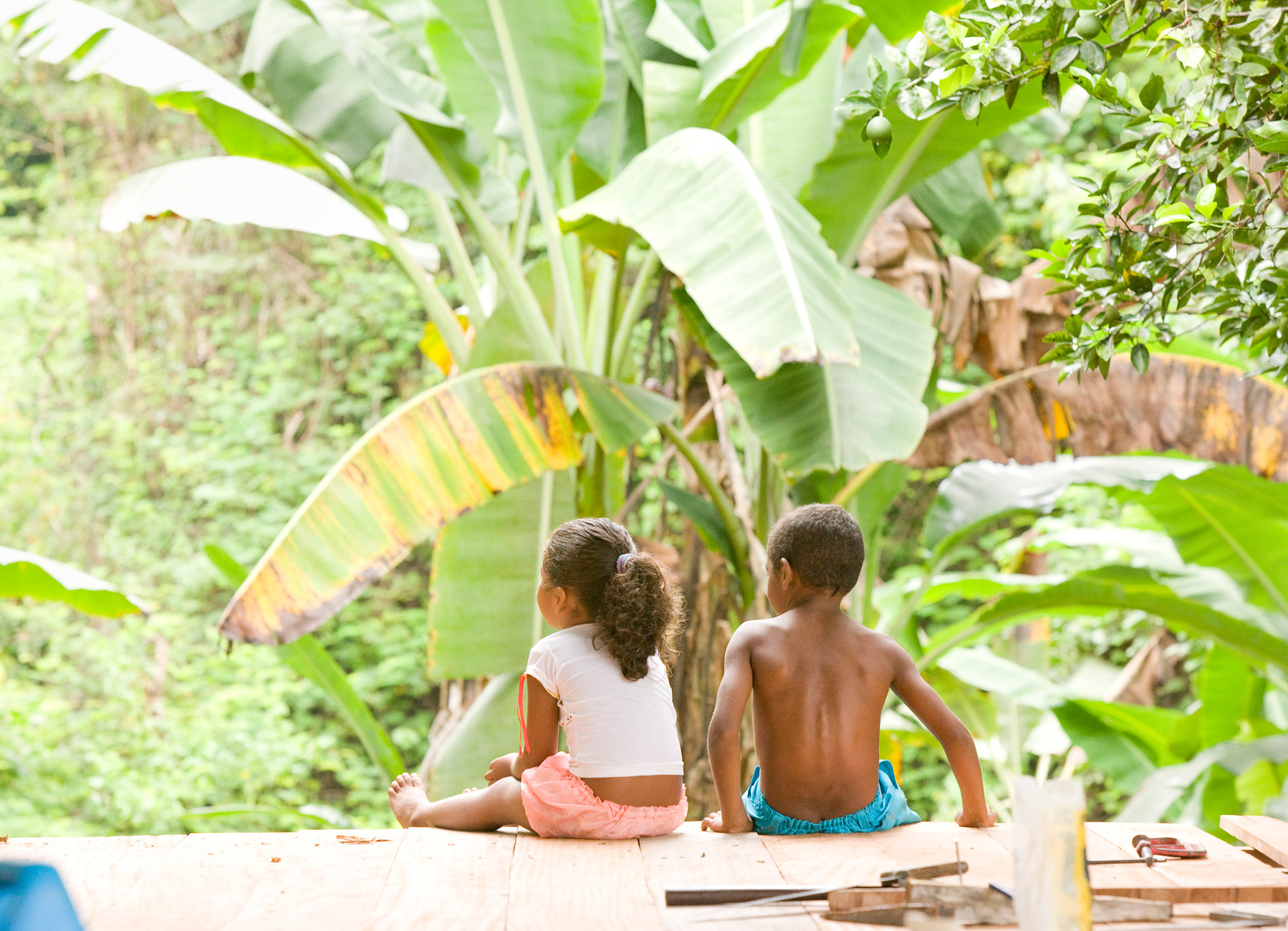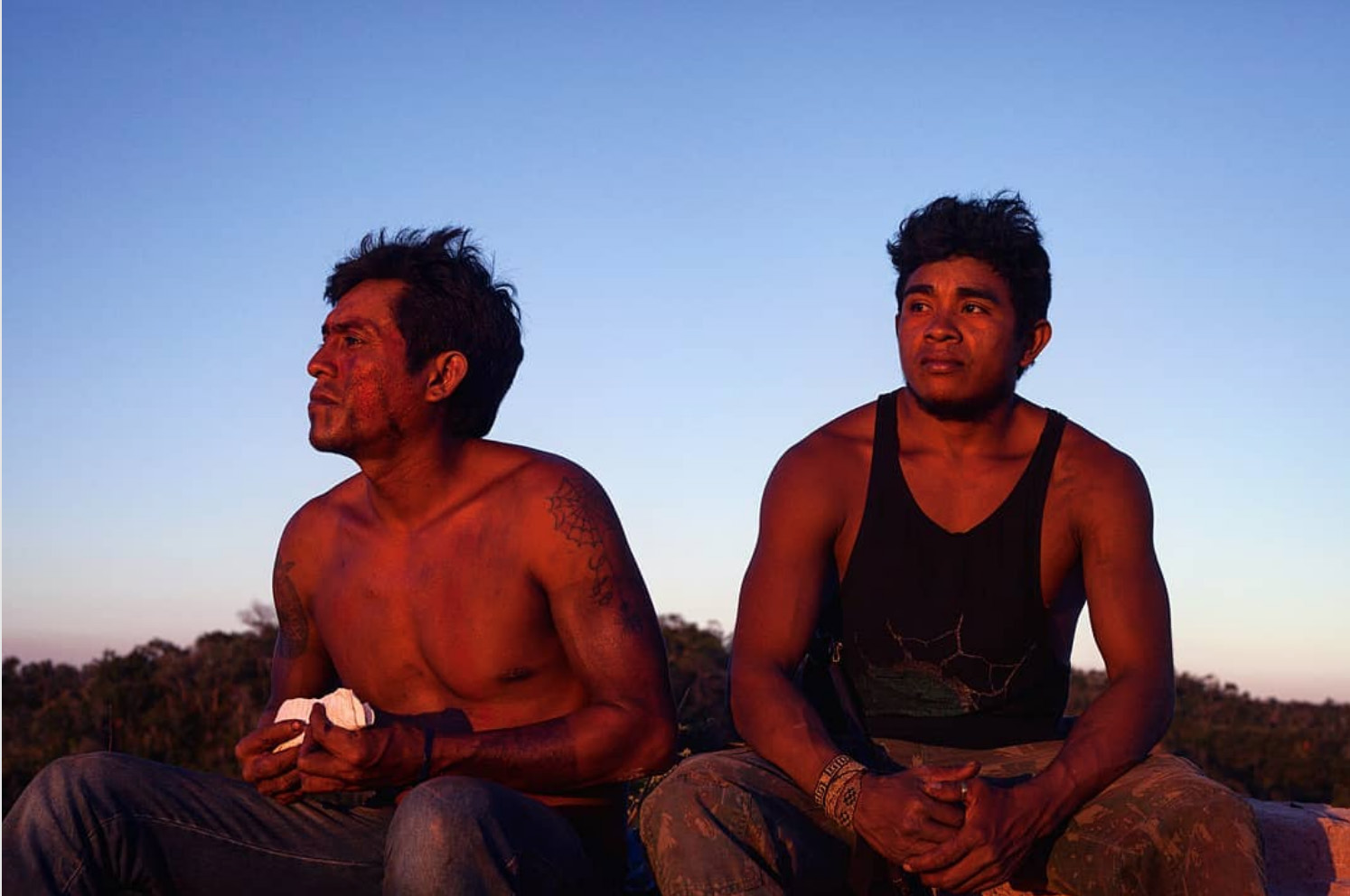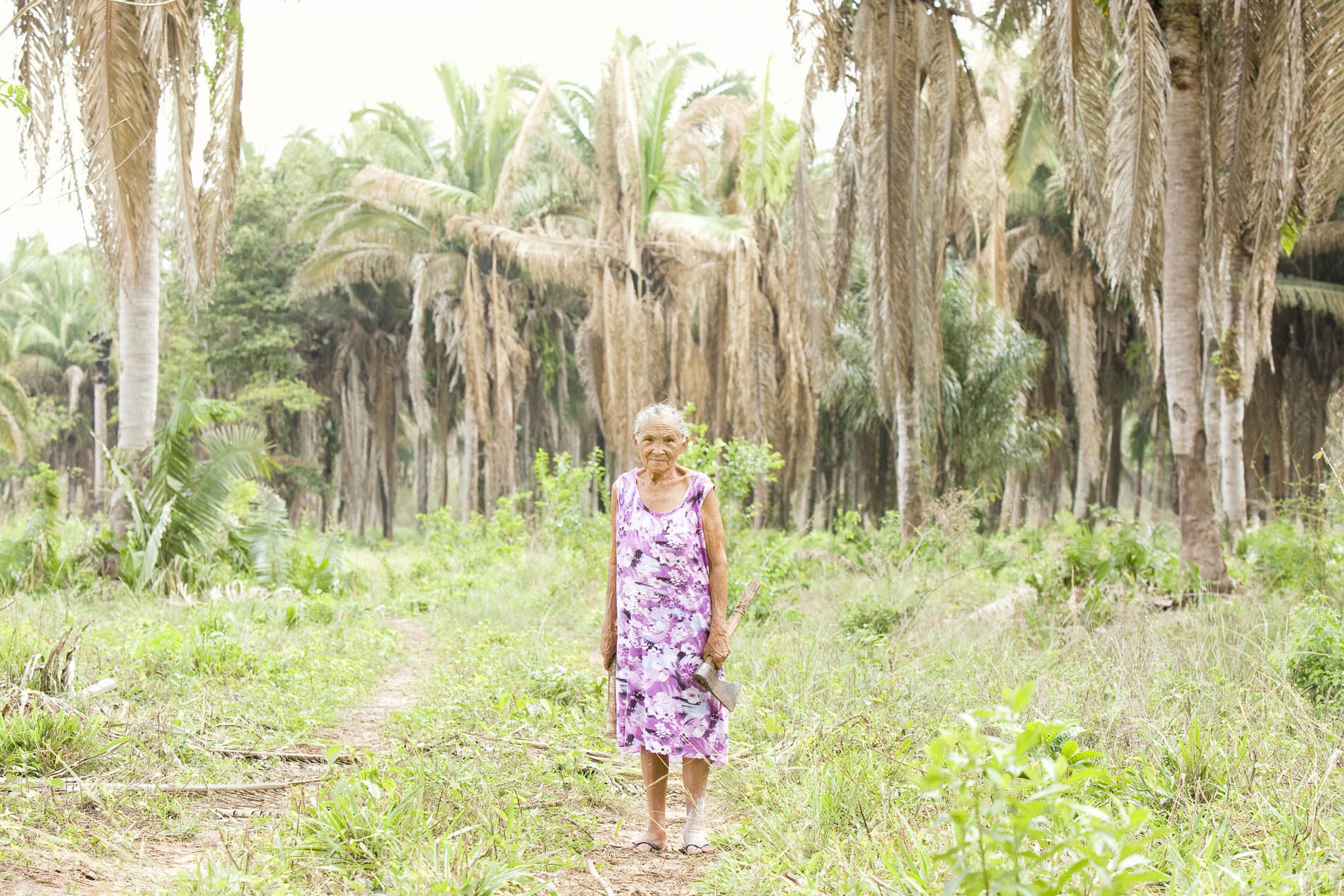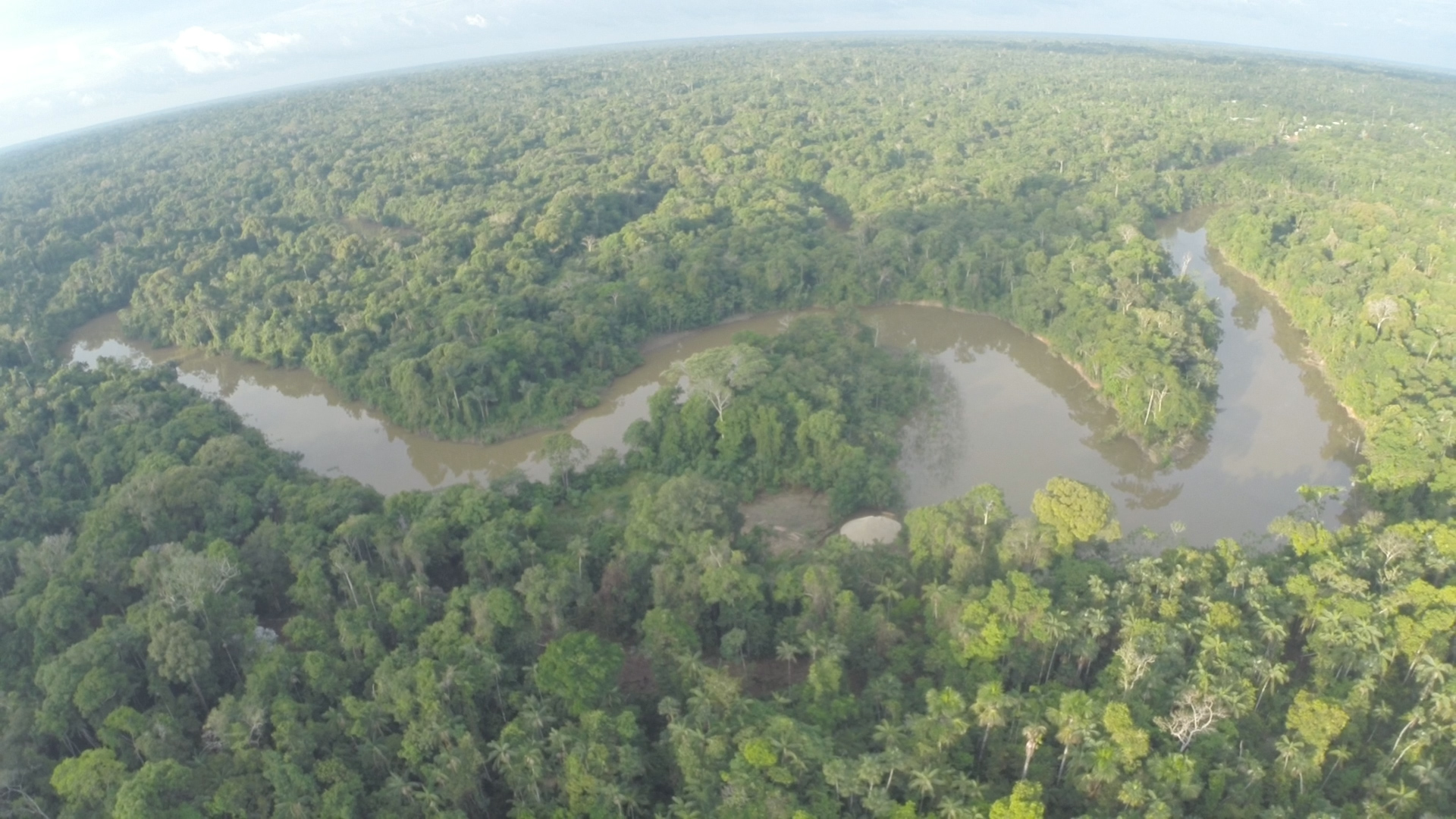Indigenous filmmakers from Midia India release documentary alerting to the grave situation faced by their uncontacted relatives the Awá Guajá, from the Araribóia indigenous territory, one of the most endangered in the Amazon.
The Awá Guajá depend intrinsically on the forest for survival – for hunting, for gathering, for water. However, the forest in the Araribóia indigenous territory is under serious threat. Around it nothing is left standing. Official data from the National Institute for Space Research (INPE) show that Maranhão has already deforested 46% of its forest cover. In the six municipalities around the indigenous territory, this number is even higher: 52.5%.
The uncontacted Awá Guajá indigenous peoples, share Araribóia indigenous territory with their Guajajara relatives. There are 120 Guajajaras who fight to protect the remaining forest in their land and to guarantee the existence of their uncontacted relatives through their surveillance and monitoring activities.
Indigenous filmmaker Flay Guajajara took this footage, creating this documentary to mobilize forest defenders globally.
Erisvan Guajajara of Mídia Índia says:
“We didn’t have the Awá’s permission to film, but we know that it’s important to use these images because if we don’t show them around the world, the Awá will be killed by loggers. We need to show that the Awá exist and their lives are at risk. We’re using these images as a cry for help and we’re calling for the government to protect the lives of our relatives who don’t want contact with outsiders.”
